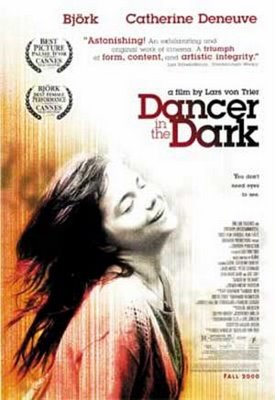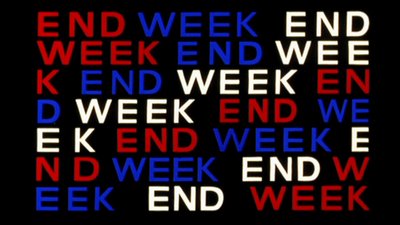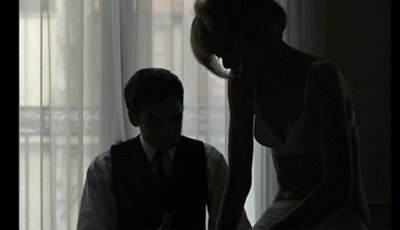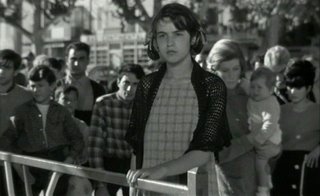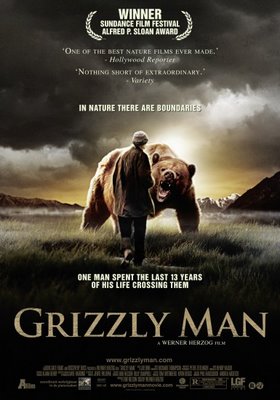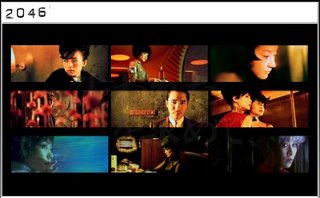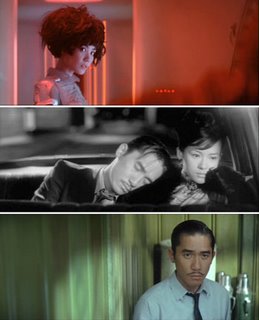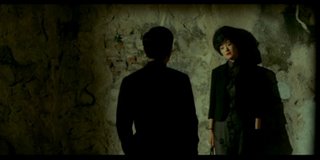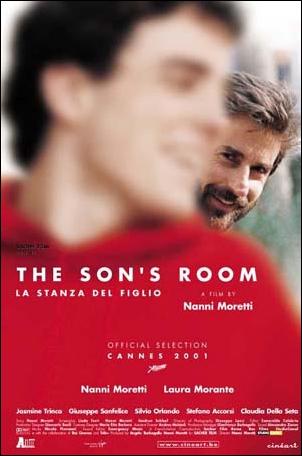3 Films by Altman

For those who like country music, this film might not serve their purpose, although it has several great songs, especially I'm Easy. Those who are interested in politics, this film may look rather glib. For those who want strong characters, they have nothing heroic to see here. Those who believe in free-form, here they go. Underneath the web of huge ensemble cast lies a beautifully free film. Nashville is free from the tight structure, conventional character studies and formal narrative. Nashville is a work of an artist with a camera wandering in Nashville (it may be some other place) and is allowed to film some of the public events and even allowed to flick some private moments. In the song I'm Easy, which is shot in a bar, the song is a public event but the look on faces of all the four enticed women is very personal. That's what Nashville is all about, the relation with celebrity and the public, the connection between stardom and politics, the obsession and the its influence, music and the business, culture and the capital. Altman said once that he views his films as a mural which he need to fill in and the picture that would emerge is even unknown to him beforehand. When different object on the mural with brush and touch, a picture might develop. Nashville, likewise, brings a picture of hopes of people, their dreams and crossed lives caught in propaganda, venal promises and intentions, an mosaic of minuscule images but pointing to something universal. The first song, Keep A'Goin, which is also performed in the last act turns into to a classic irony of the hopes amidst the confused state of affairs that Altman is trying to point out.
Trailer of the film here.
Gosford Park

The setting of the film might not be what Altman would have liked a lot (consider this setting vs the ensemble cast of Nashville and Shortcuts). There are clear demarcations and a very thin/formal interaction between the two classes, one upstairs and the other downstairs. But what must have intrigued Altman is the tension in both the halves, and the subtle similarities and differences between and within the both sides. Altman, master of deftly handling huge casts, must have wondered how the hell to deal with the English upper cast, in all their flair and whims (One of my friends says that he is in love English culture and etiquette, I think he should immediately see this film and if he still want to hold the wine glass in some pre-conceived Anglo-way, I must request Maggie Smith's remarkably vicious Constance Trentham to help him take a tour). As usual, the British cast is excellent both up and down the stairs. To ruthlessly enumerate plot points of the film, its a gathering for a shooting party, a murder and its investigation. The part beauty of the film lies in its satire of these events, flooded with witty dialogues and mannerisms. Given, its an Altman's film, the characters are not representative, they are quite unique and distinct, not to be - as they say - different, but because they are themselves, and also a part of world they inhibit. If we find glimpse of some stereotypes upstairs, its lot to say about those characters. The other part of beauty comes from what is sand witched between the plot of upper and lower crust, there is something bittersweet and humane embedded. The actions upstairs are so secret, nasty and manipulated that we look up for warmth downstairs, which at the face of it, is absent there too. Busy catering to their masters, and in fact known by their master's name downstairs, they are entrapped in the hierarchy as their masters. The young ones seems uneasy with this, but the old servants have mastered the art of servitude. Replying to "What about your life", a head housemaid quips, "Didn't you hear me? I'm the perfect servant; I have no life". As the film progresses, a bundle of secrets unfolds, we see a warmth seeping downstairs, while the upstairs is too busy being a bitch. Towards the end of the film, there is an amazing little scene between two old sisters, and such scenes are for actors (In recent films, other such scene that comes to my mind is from Kinsey done amazingly by Lynn Redgrave, she even says "Prof. Kinsey, You saved my life" and every word of it sounds true), no director can rescue them, if actors don't spark. Two amazing British actresses (Helen Mirren and Eileen Atkins), pull up such a restrained melodrama that it fills the screen with some sort of catharsis.

Its a tale of 3 women as the title suggests, here goes what we can understand. Pinky (Sissy Spacek) wants to be what she thinks Millie (Shelley Duvall) is and she thinks that Millie is what Millie wants to be, but Millie is not what she wants to be, she wants to be someone from the women magazines, which she reads. Millie utterly fails but Pinky pulls it up in what they both want to be. Millie and Pinky live in same apartment and work in same resort and in fact have same names. Millie is near perfect in her attires and according to her, known for her dinner parties. Apart from these two women, there is one more, Willie (Janice Rule), who paints weird murals, is pregnant, and has beautiful dark eyes. Enigmatic part includes the skirt of Shelley Duvall which never fits in her yellow car, her Mrs. Dalloway-type ill-fated parties, look on her face when she sees parents of Pinky make love when their daughter lies in coma, the eerie twins at resort, the murals which Willie paints, the birth of a dead boy and that eldritch dream sequence. The way Millie walks around people has that die-hard mix of confidence, caring and caution, that is needed to be a good social-bee. The reason why she is not observing that no one listens to her or takes notice, does it bother her or she go on and on with her recital of recipes and that spooky 'Hi Tom' greetings to Tom, who is ever-coughing, just to avoid going out with her. May be, Millie is a dead person but not aware of it. The infatuation of Pinky with Millie ! She admires her perfection to P. Does she ever notice or take seriously, the indifference that other people show towards Millie or the way Millie go about talking to them fascinates her, the way she is trying hard to dis-alienate. Why is Willie painting those naked bodies, where oracular female form is tortured by the male form. Does her philanderer husband symbolise that cave-male, male from cowboy movie shooting his guns. Why does Willie puncture her ghostly painting with bullets and why no one ever talks to her and she to no one. Several such things occur repeated in the film just like a dream, and its a spiral of all-too-fast unexplained events, that the sleeper wants to get out from, just like a dream.

Unlike other filmmakers, Altman try to give an explanation of it all this mixing of identities and roles, but that does not look to be the point. The point is somewhere between what is perceivable and puzzling. Its is more than tempting to start defining films myriad symbols, but such temptations are fruitless and vain, they are more on the lines of what I understood than what the director wanted to do. Males in this film are either horny (Willie's husband), or indifferent (Pinkie's father) or Dead (Willie's son and possibly Willie's husband too), its a misandrist's dream come true, but Altman doesn't leave his women scotfree, they are shallow and obsessed and engaged in power plays, but at any given point, they are either more human or more interesting then their male counterparts.


 The main difference between
The main difference between 